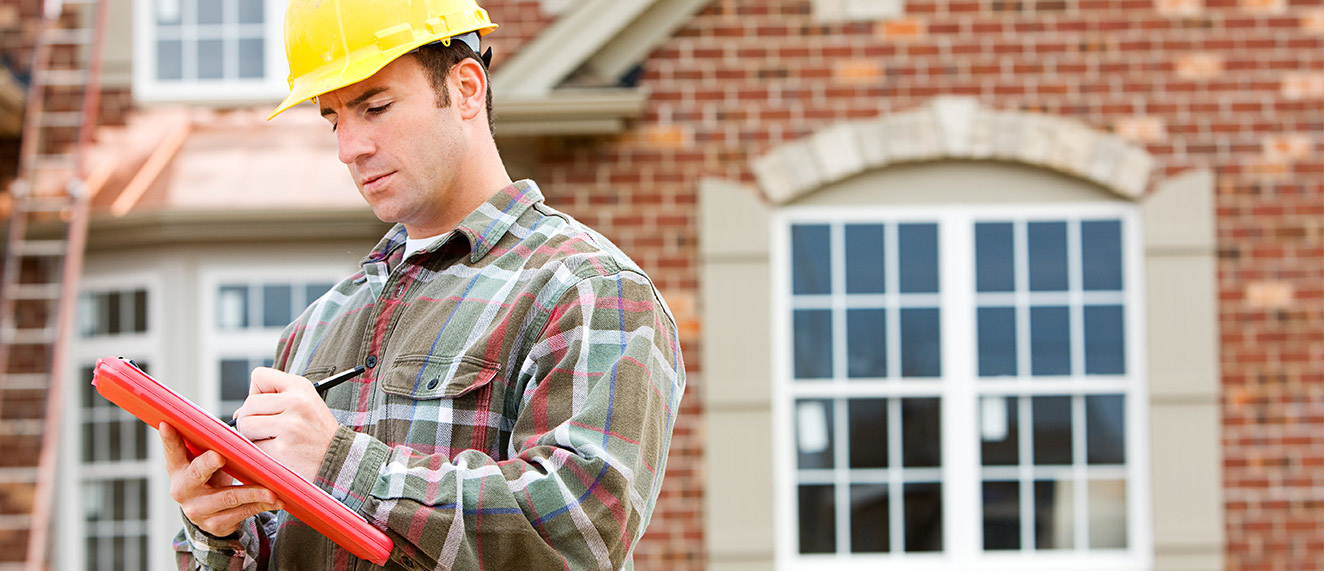Have you heard of radon?
Radon is the No. 1 cause of lung cancer for non-smokers. It is a naturally occurring radioactive gas produced by the breakdown of uranium in soil, rocks and water. Radon is found in every home in Canada. The question is if the home has a dangerous level?
Left untreated, radon can pose serious health risks. The good news is Health Canada has collaborated with the Canadian Real Estate Association to update the Homeowner’s Guide to Radon. This guide provides everything you need to know about radon in real estate, as well as additional resources to support your interactions with clients.
REALTORS® are a trusted and important information resource for home buyers and sellers. To help you support your clients while navigating this serious health concern, here are three things to know about radon:
Leave it to the experts
Health Canada doesn’t expect real estate professionals to also be radon experts—that’s our job! We are here to support you and your clients in learning more about radon and help you take action.
Our Radon Education and Awareness Program offers free training and education across Canada for associations and boards. You can order free educational materials online to share with your clients.
We also have radon experts across the country to answer your and your clients’ questions directly.
You don’t need to conduct a radon test during a real estate transaction
Health Canada recommends homeowners conduct a long-term test for a minimum of three months during the fall and winter months. For this reason, we do not recommend conducting a radon test during a real estate transaction.
Real estate professionals in some areas of Canada are negotiating a hold back bond, held in trust, to be used once a long-term radon test has been conducted. If the home has a radon level above the Canadian guideline of 200 Bq/m3 (becquerels per cubic metre) the radon bond is used for mitigation after the real estate transaction is complete.
When you should test for radon
As a real estate professional, you have ongoing communication with your clients. This is a great opportunity to promote when you should test for radon.
- Test before you sell: Most homes will have a low radon level but the only way to know is to test. Recommending that your clients test for radon and mitigate if necessary enables them to include the low radon level in the home as a selling feature.
- Test after you buy: Encourage clients to conduct a long-term radon test once they have moved into their new home. Some REALTORS® are even providing long-term test kits and/or free Health Canada radon materials in client gift baskets.
Homes with a low radon level are healthy homes. Testing for radon is simple and can save lives. To find a retailer near you, visit www.takeactiononradon.ca/radon-test-kits/.
For more information you can share with your clients and to learn more about radon testing, check out A Homeowner’s Guide to Radon.





